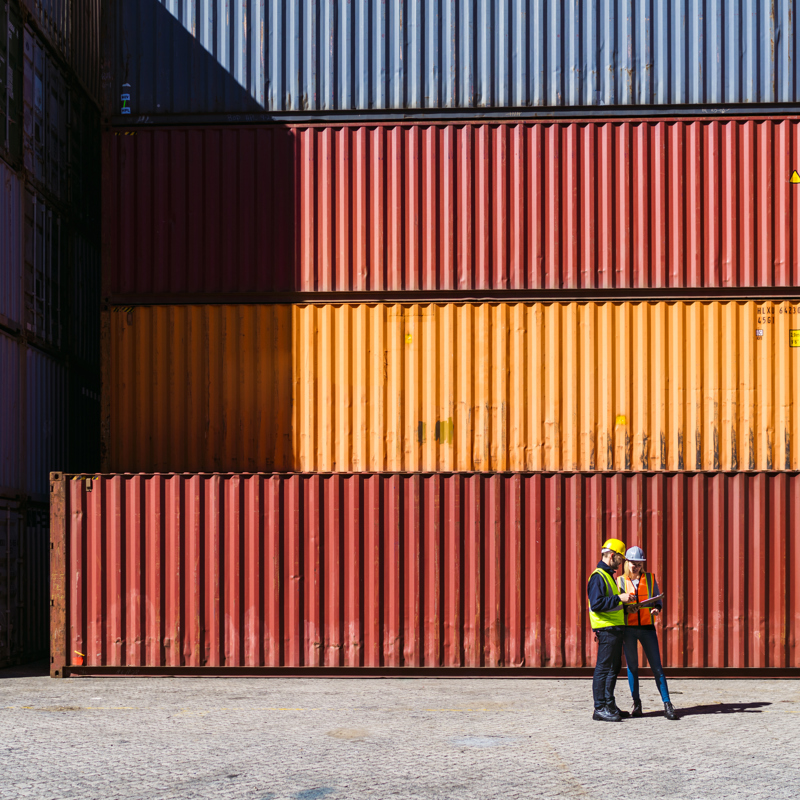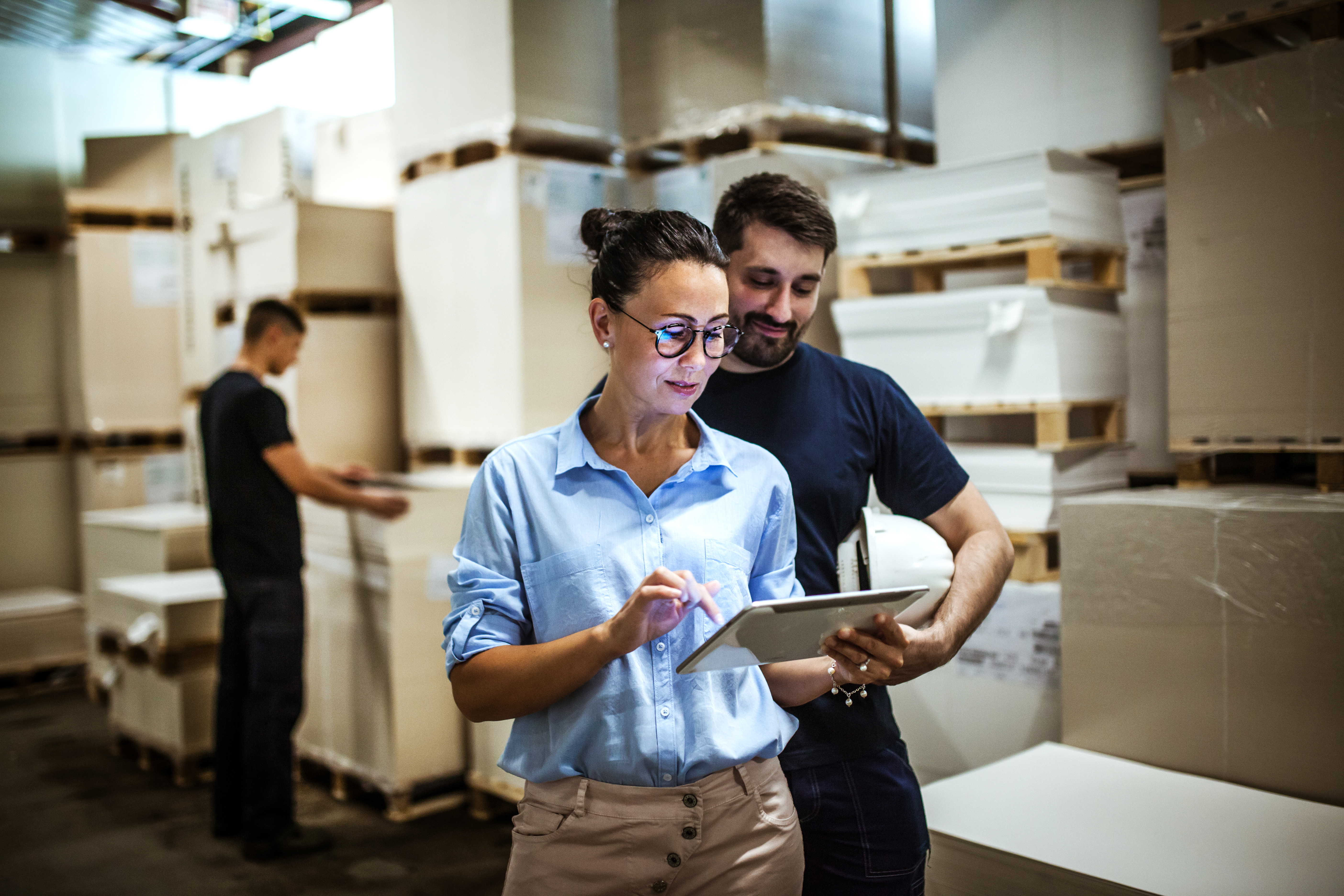
- Blog
How supply chains are re-defining resilience through smarter network design
A recap of the Roland Berger × Infios webinar on building...

Technology is your best friend especially when balancing end-to-end visibility with the need for greater operational efficiency.
Importing and exporting come with their share of challenges, particularly when navigating the complexity of import compliance regulations.
Today's global trade environment is charged with geopolitical tensions, inconsistent levels of digitization and a general lack of automation.
Yet, the good news shines through in DHL's 2024 Global Connectedness Report, which proves globalization continues progressing, with companies generating more money internationally. These businesses are investing more in overseas projects than they have in over a decade.
In this article, we tap into expert insights to explore some of the toughest questions around global logistics and import compliance; highlighting how the right technology helps companies overcome hurdles and drive growth.
The dynamic nature of global trade makes it a challenge to be confident that your goods will breeze through customs. Businesses faces data overload, product variability and multiple parties, not to mention the ever-changing landscape perpetually reshaped by regulations from entities like U.S. Customs and Border Protection and Partner Government Agencies like the FDA.
Disruptions such as geopolitical tensions and environmental factors further complicate the environment, making a one-size-fits-all approach simply unrealistic.
Recognizing these challenges, industry leaders are accelerating supply chain digitization. However, digitization must be matched by equally advanced customs processes to avoid costly bottlenecks.
Intelligent automation provides a powerful solution; allowing companies to apply business rules and streamlined workflows to reduce manual intervention. The result, improved accuracy, faster processing and scalable growth without a proportional increase in overhead.
For customs brokerage firms, technology is essential to maintaining profitability while keeping operations smooth and compliant. A strategic blend of automation and digitization strengthens collaboration between shippers, carriers, 3PLs, customs brokers and regulators; creating a more agile and resilient supply chain.
Modern import compliance goes far beyond understanding U.S. Customs regulations. Companies must now coordinate with multiple agencies and navigate complex documentation and data requirements.
Infios's Customs & Trade Compliance software steps in to help you manage all this data, keeping track of permits, sending you notifications about holds or releases and even creating workflows to deal with exceptions. The software transforms a complex process into something manageable and moves you towards a paperless, digitized system for efficiently handling your imports.
A data-centric approach allows companies to leverage data across the entire supply chain, from global transportation management to customs and trade compliance.
Visibility, product testing, sourcing and import compliance all play critical roles in creating a cohesive supply chain strategy. Aligning visible and relevant data to upstream and downstream activities ensures a smooth and uninterrupted flow of goods. Beginning early from sourcing to final mile delivery optimizes your profitability and compliance.
The key is ensuring all stakeholders have access to relevant, real-time data; laying the groundwork for a resilient, end-to-end supply chain.
Success in this space means the uninterrupted flow of goods across borders. But any number of issues - missing documents, misclassifications, delayed approvals - can disrupt that flow.
Many importers simply cross their fingers throughout the process and hope for the best.
The Infios Customs & Trade Compliance platform instills confidence through unique features like browser popups, dashboards and push notifications that alert you to potential issues before they become problems. Our latest feature, portal chat, facilitates conversations and allows for the exchange of documents, eliminating much of the back-and-forth we typically see in the compliance process.
Import compliance is one of the most complicated processes to execute and continues to evolve. Finding the answer to this question begins with several exploratory questions you should consider:
Leveraging this checklist and tailoring it to your specific needs will help you identify a technology partner who is familiar with the demands of import compliance and will work alongside you to improve efficiency continuously.
As technology improves and more players move toward digitization, you will see a more seamless data exchange that reduces manual interventions and errors.
Artificial Intelligence will continue to boost operational efficiency and accuracy by proactively suggesting codes and assigning tariffs and customer data based on past learnings.
